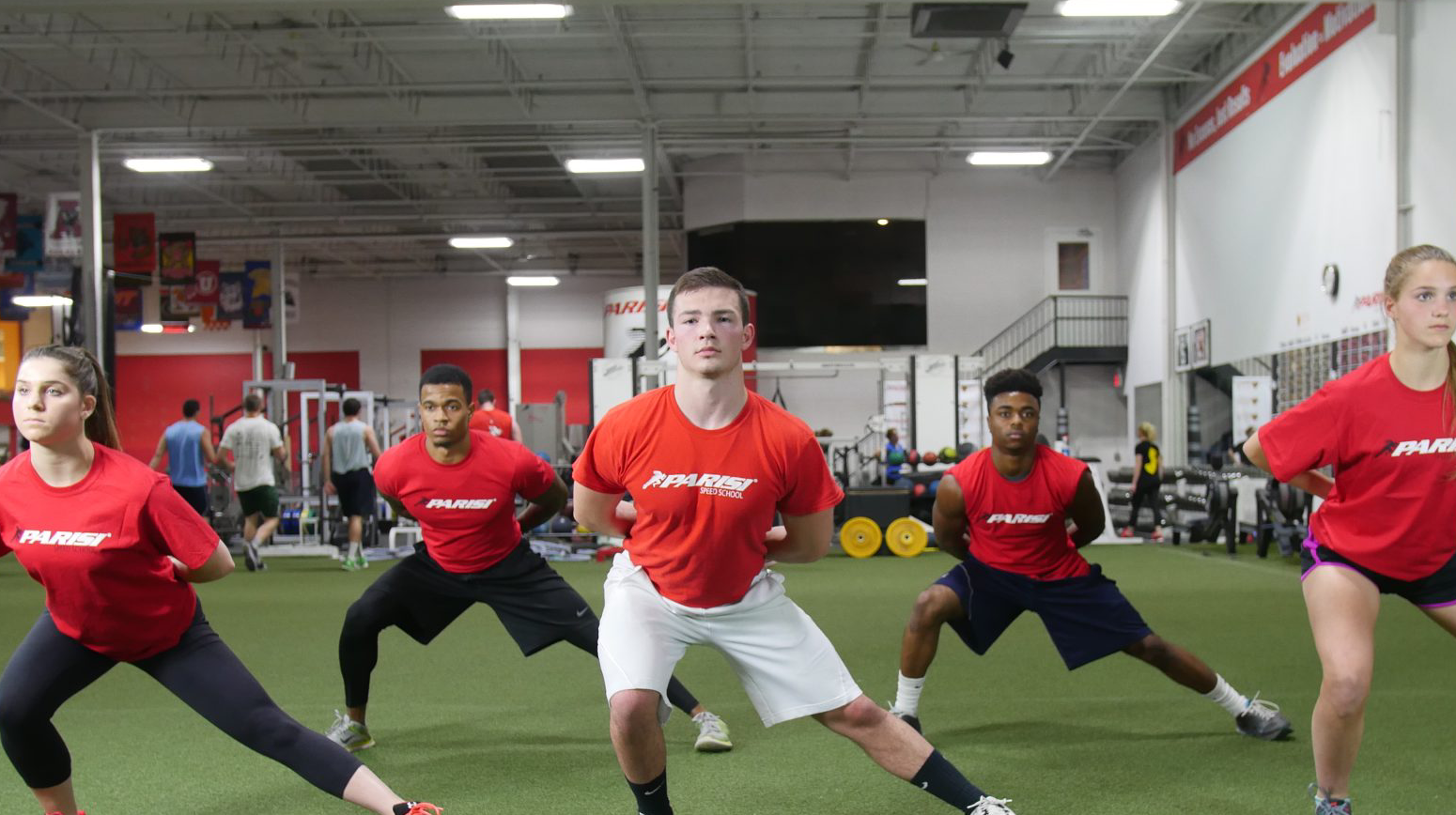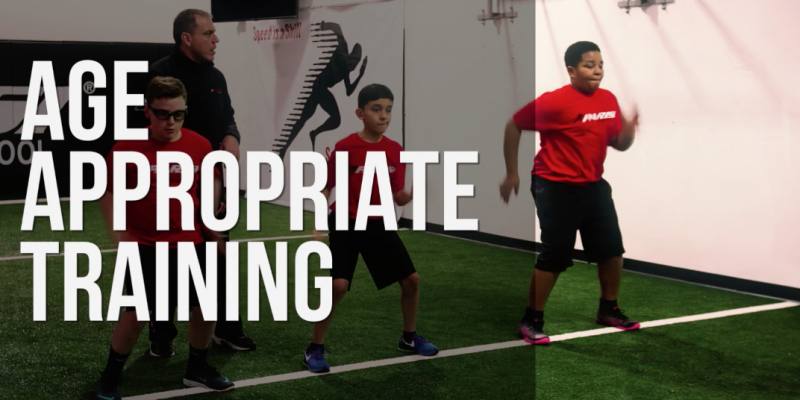As a parent, you want your child to reach their full potential, to find their passion, work hard and believe that the sky’s the limit.
When it comes to athletics, you want your child to be the best. You believe in them so much, you may think to yourself “He’s the next Michael Jordan” as your son hits that 3-pointer or “She’s going to play in a World Cup one day” when you see your daughter on the soccer field.
These are all great aspirations to have and as a parent supporting your child, fostering confidence in them is so crucial.
With that being said, there’s a line between supporting your child vs. pressuring your child. In today’s world we often forget that kids are, well, kids.
Athletics can be a nurturing and beneficial environment for your child when the right positive support and motivation is given.
But it can also become a negative and toxic environment when we forget that kids are kids and expect them to be performing at a professional level when they are not even at the high school level.
Your child may one day become a professional athlete, but for now keep in mind that professional athletes were once kids too.
No athlete performed perfectly from the start, but with practice and training from Parisi Speed School, your child will go through the training process and one day may play on the big stage.
Back to Basics: Technique, Technique, Technique
Everything we do in life requires work and practice, even the basic movements and actions we do without a thought every single day.
Take walking for example. It seems so effortless to you now, but it was not always that way. As a child you practiced, worked your way up to it, and went through lots of trial and error until you mastered your technique.
This is the same process that your young athlete is going through. They are working toward mastering their technique, but remember just like walking, throwing a 60-yard touchdown does not happen overnight.
In order for your young athlete to move from conscious competence to unconscious competence, they must master basics movements until they are bored of them.
You may be saying to yourself “Isn’t being bored a bad thing?” “Won’t my child start to lose interest?” In this case, being bored is a good thing, it means your child is moving toward unconscious competence and can begin to combine skills and other techniques.
The Progression Process
We have already established the importance of mastering technique and have briefly discussed the idea of conscious to unconscious competence, which are all part of the progression process.
Now, let’s break down this progression that, with training from Parisi Speed School, will have your child go from throwing a medicine ball to throwing a perfect pitch.
Steps of Progression
- Conscious Incompetence
- Young athlete is just beginning the learning/training process.
- Athlete is learning new skills and is aware he/she is not good at them.
- Do not go too fast too soon, this can cause your athlete to give up.
- Focus on simple skills, and give lots of support.
- Conscious Competence
- Young athlete is good at the skill, but still needs to think about what they are doing.
- Repetition, Repetition, Repetition.
- Athlete should not move on until they don’t need to think about the skill.
- Unconscious Competence
- Young athlete has mastered the skill, he/she performs it without even thinking about what they have to do.
- Add new skills.
- Continue to add skills as new ones get mastered.
These steps should give you a good idea of where your young athlete is at in their training. Remember that it is a process, and your athlete needs to go through that process to be successful.
A Few Final Thoughts
We have discussed the progression process that all young athletes go through (yes, even the pros) and we also touched on the specific steps in the training process and what each looks like.
Here at Parisi Speed School, we have a few final thoughts about your athlete’s training process.
- Athletes are individuals, everyone’s process will look different.
- Make sure your athlete has mastered basic techniques before adding new ones.
- Quality over quantity! Sometimes less is more.
- Injury prevention should be the number one priority.
One final note, don’t rush the process! Remember that your young athlete is still a kid. Support them, fill them with confidence, encourage them to push themselves and leave the training to us here at Parisi Speed School.


 The Secret to Success? RESOURCES!
The Secret to Success? RESOURCES!